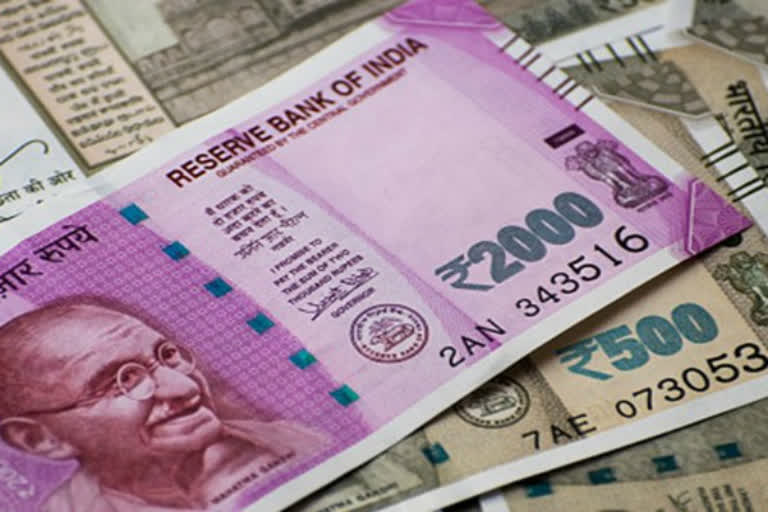Mumbai: Higher taxes or bonds can help the next government deliver on universal basic income (UBI) promises, a foreign brokerage has said.
The study comes amid a rash of UBI-like promises being made ahead of the general elections beginning April 11 through May 19, including the Opposition Congress' promise of supplementing incomes to every poor family Rs 72,000 a year or the ruling BJP's already introduced cash support to small farmers of Rs 6,000 a year.
While the BJPs' scheme will cost around Rs 75,000 crore per annum to the national exchequer, the Congress plan can cost up to Rs 3.6 lakh in additional subsidy burden if the existing subsidies are not subsumed into the new scheme.
In a report on Monday, the Wall Street brokerage Bank of America Merrill Lynch said any variant of the UBI will cost about 1.5-2 percent of GDP and warned that such cash transfers can be inflationary.
It said a 6.4 percent increase in direct tax mop up can help offset the increase in the Center's fiscal deficit, adding such a hike will have to be done on both individual and corporate tax rates.
Read more:RBI's Monetary Policy meet to begin today
As the bulk of it can come from direct taxpayers, without impacting investments, it said, arguing against a hike in Central excise duties as such a move would end up hurting the poor more.
The brokerage said it remains to be seen if the outlays of about Rs 2 lakh crore on food subsidies or the job guarantee scheme MNREGA are subsumed in the proposed cash payouts or not.
The other option which can be used by the government to fund the requirements can be raising money by issuing bonds to the public and transfer the same to the beneficiaries, the report said.
"A fee from the fiscal side can fund interest payments to the UBI bondholders. This should be liquidity neutral as monies move from the fixed deposits of the buyer to the current account of the special purpose vehicle to the savings accounts of the beneficiaries," it said.
While such a scheme will not impact the Centre's fiscal deficit, but it will increase quasi-public debt. As a third alternative, it suggests is a move for deficit financing of sorts through higher open market operations by the RBI.
"The RBI could step up durable liquidity via OMO/forex purchases/cash reserve ratio cuts to provide banks with additional deposits to fund higher Central borrowing and clear the G-secs market," it said.
It, however, said this can push up the Center's fiscal deficit to about 5 percent and warned that RBI will need to inject 20 percent of the UBI funding requirement given a deposit multiplier of about five times.



